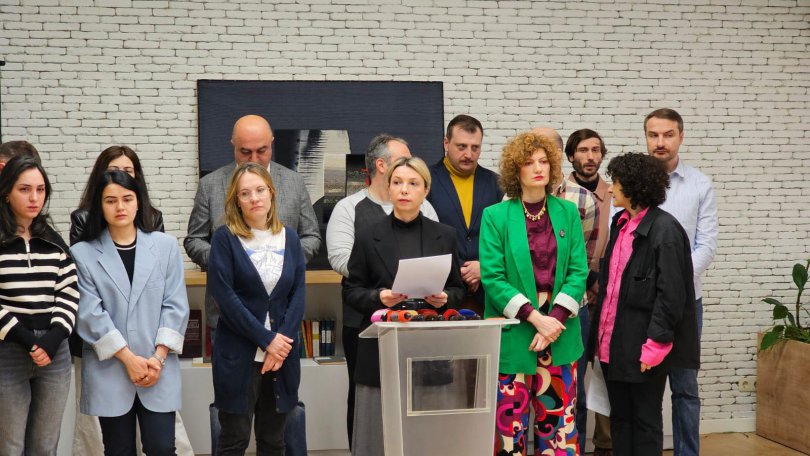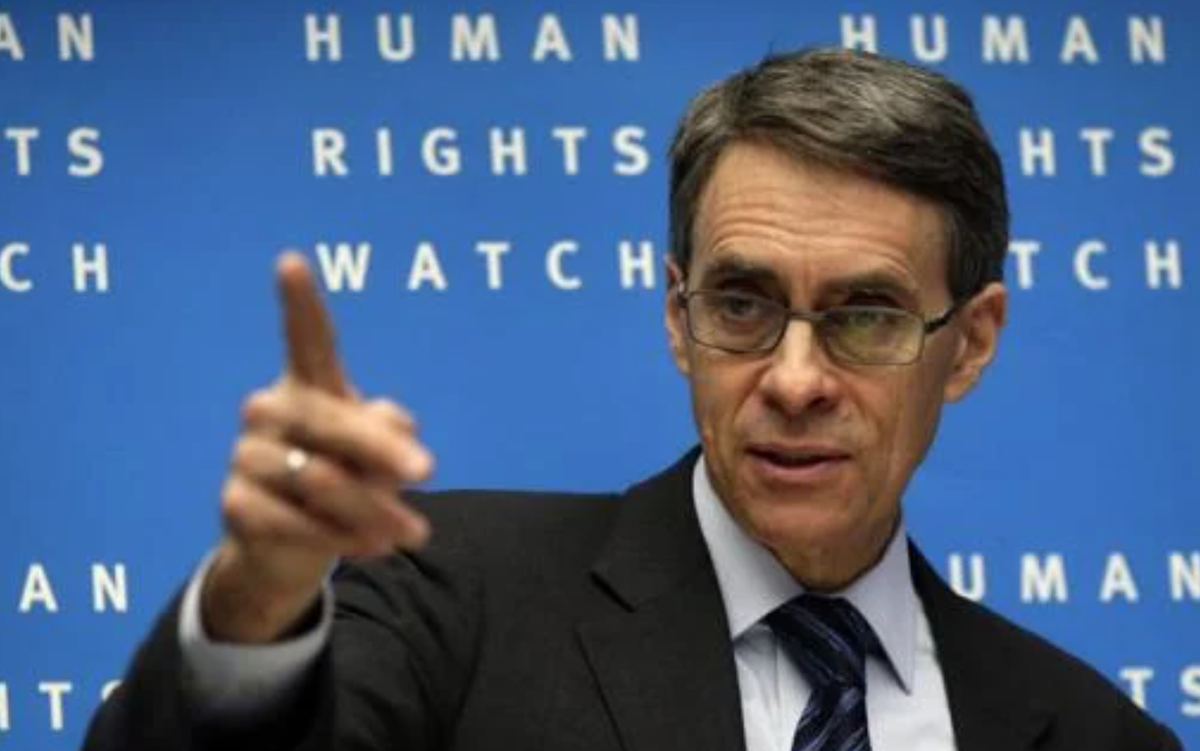Georgian parliament approves FARA-style law, media restrictions, and new treason provision
Georgian parliament approves repressive laws
April 1 turned out to be especially productive for the parliament dominated by Georgian Dream —lawmakers passed several complex laws in the third and final reading and introduced a series of new restrictive initiatives.
All 86 Georgian Dream deputies voted in favor of each bill, with none opposing.
What was approved:
● The Foreign Agents Registration Law – this law is based on the American FARA act. However, while the U.S. version targets lobbying organizations, the Georgian version focuses on media outlets and civil society organizations.
Under this law, media and non-governmental organizations operating in Georgia and receiving funding from abroad must register in a special registry and be subject to strict oversight by designated state bodies. Experts warn that this will make independent work impossible.
● Amendments were introduced to the Broadcasting Law. The new legislation completely bans broadcasters from receiving foreign funding, further worsening the situation for critical television stations already in crisis.
The law also imposes new restrictions on journalists’ professional activities, including limitations on sources, while tightening control and penalties.
It extends to online broadcasting platforms as well.
Representatives of Georgian Dream claim their goal is to establish high standards in the media. However, critics argue that Ivanishvili’s government is attempting to place political censorship in the hands of the system.
“These changes will introduce legal and regulatory mechanisms that legitimize interference in media content,” media experts warn.
● The article On treason has been reintroduced into the criminal code. It was abolished in 2007, although all offenses covered by it remained punishable. Back then, it was called ‘betrayal of the homeland’, but now it is referred to as ‘state treason’.
According to the bill, the following will be considered acts of treason:
- Violation of Georgia’s territorial integrity;
- Signing or negotiating an unconstitutional agreement;
- Undermining the country’s external security;
- Joining a foreign intelligence service;
- Compromising Georgia’s defence capabilities;
- Disclosure of state secrets;
- Espionage;
- Conspiracy or rebellion aimed at violently changing Georgia’s constitutional order;
- Sabotage;
- Assisting a foreign state, foreign organisation, or any entity controlled by a foreign state in hostile activity.
● The word “gender” has been removed from 15 existing laws. The phrase “gender equality” has been replaced with “equality between women and men.” The concept of “gender identity” has also been eliminated from legislation.
Gender studies experts view these changes as “a tribute to far-right voters.”
● The obligation to involve non-governmental organizations in the legislative process has been revoked. Georgian Dream cited the “anti-democratic” and “subversive” activities of the civil sector as the reason.
The participation of NGOs in the lawmaking process is one of the key recommendations required for Georgia’s accession to the European Union.
Georgian parliament approves repressive laws






















